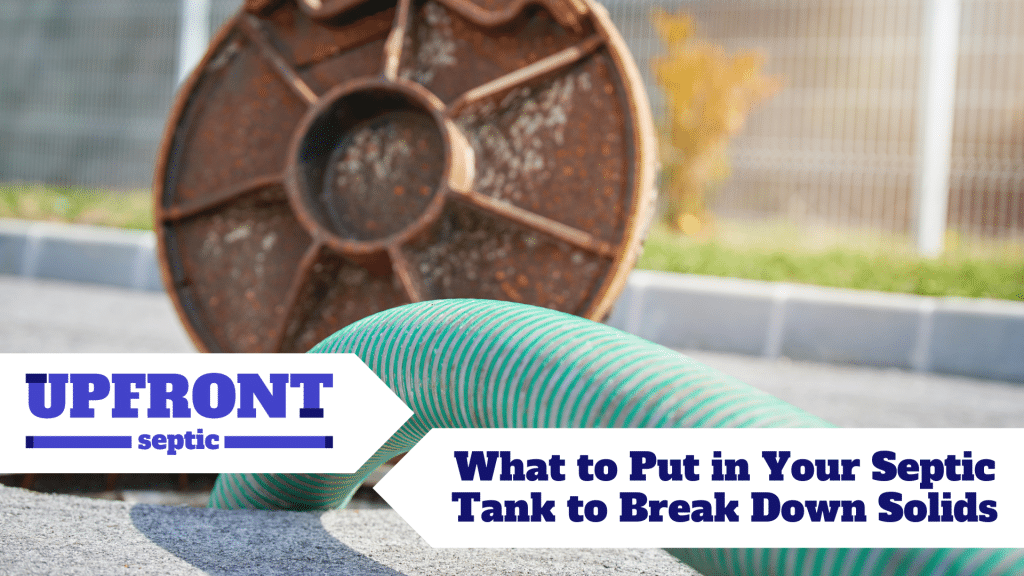
What to Put in Your Septic Tank to Break Down Solids: A Guide for Homeowners
If you own a septic system, keeping it functioning properly is essential for the health of your home and the environment. One critical aspect of septic system maintenance is ensuring that the solids in your septic tank break down effectively. When solids accumulate without breaking down, they can cause blockages, backups, and costly repairs. Fortunately, there are several things you can do to help break down solids in your septic tank.
1. Use Septic-Safe Bacteria Additives
Septic tanks rely on naturally occurring bacteria to break down solids. Over time, however, the bacterial population can diminish due to the use of household chemicals, antibiotics, or other factors. To boost the bacteria levels, you can add septic-safe bacterial additives. These products contain enzymes and bacteria that help accelerate the breakdown of organic matter, ensuring your septic system functions efficiently. Some suggest adding yeast to help boost bacteria activity.
Tip: Choose a high-quality bacterial additive specifically designed for septic systems. Follow the manufacturer’s instructions for dosage and frequency.
2. Avoid Harsh Chemicals
Many household cleaning products contain harsh chemicals that can kill the beneficial bacteria in your septic tank. When these bacteria are destroyed, solids take much longer to break down, leading to potential system failure.
What to Avoid:
- Bleach
- Ammonia
- Drain cleaners
- Antibacterial soaps
Instead, opt for natural or biodegradable cleaning products that are labeled as septic-safe. These products are less likely to harm the bacteria in your septic system.
3. Proper Waste Disposal
What you flush down your toilets and drains has a significant impact on the health of your septic system. Non-biodegradable items such as paper towels, sanitary products, diapers, and wipes should never be flushed, as they will not break down and can cause blockages.
Do Not Flush:
- Feminine hygiene products
- Wet wipes (even if labeled “flushable”)
- Paper towels and tissues
- Grease and fats
Stick to flushing only human waste and toilet paper to minimize the buildup of solids in your tank.
4. Regular Pumping and Maintenance
Even with the best care, solids will accumulate in your septic tank over time. Regular pumping is essential to remove these solids before they cause problems. Most septic tanks need to be pumped every 3-5 years, depending on usage and the size of the tank.
Why Pumping Matters: Pumping your septic tank removes sludge and prevents it from clogging the drain field, which can lead to system failure.
5. Incorporate Septic Tank Treatments
In addition to bacterial additives, there are septic tank treatments available that can help break down solids. These treatments often contain a combination of enzymes and bacteria designed to enhance the natural decomposition process.
How to Use: Follow the product’s instructions for dosage and application. Regular use of septic tank treatments can help keep your system running smoothly.
Contact Upfront Septic For All Your Septic Needs
Maintaining a healthy septic system requires a combination of good practices and regular maintenance. By using bacterial additives, avoiding harsh chemicals, practicing proper waste disposal, scheduling regular pumping, and incorporating septic tank treatments, you can help break down solids in your septic tank effectively.
At Upfront Septic, we’re here to help you with all your septic system needs in Western Washington. Whether it’s routine maintenance, pumping, or addressing a specific issue, our team of experts is ready to assist. Contact us today to learn more about how we can help keep your septic system in top condition.
